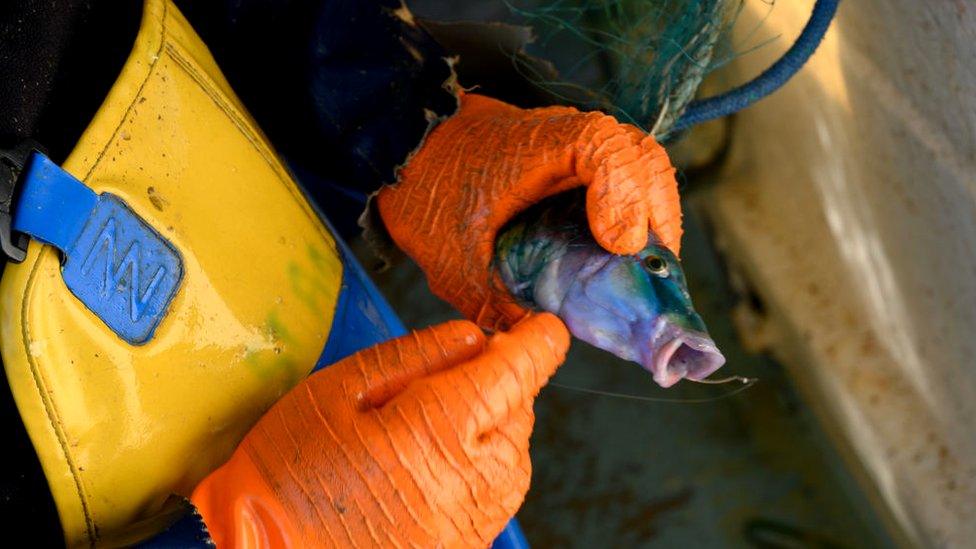Brexit: UK 'must not lose jobs over fish in trade talks'
- Published
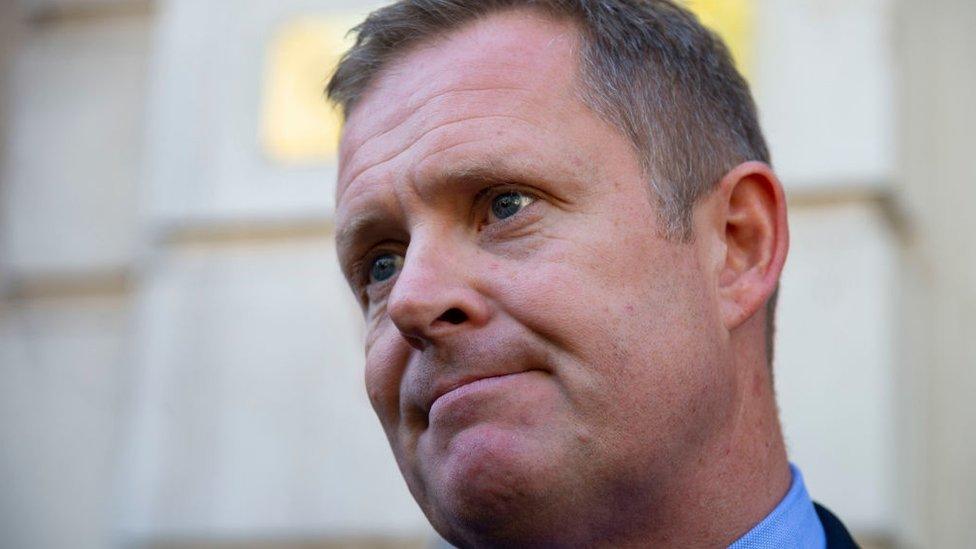
Jeremy Miles: "Access to the EU single market far outweighs the issue of access to UK waters"
Thousands of jobs must not be "sacrificed" for the sake of fishing quotas in UK trade negotiations with the EU, a Welsh minister has warned.
Jeremy Miles has urged UK ministers to "back down" from "ill-advised positions on state aid and fisheries" to get a trade deal with the European Union.
State aid, or government support for firms, and fisheries are two of the main sticking points in the talks.
The UK government said that it "will not compromise UK sovereignty".
The prime minister has said he will decide on the "next steps" for post-Brexit trade talks after an EU summit later this week - after previously setting a meeting of EU leaders on Thursday as the deadline for a deal.
No 10 said he expressed "disappointment" at recent progress in a call with EU Commission President Ursula von der Leyen on Wednesday.
In a letter to the UK government Cabinet Office minister Michael Gove, Mr Miles wrote that it would be "inexcusable" to reach the end of negotiations with no deal "knowing the damage this would cause to businesses and jobs - layered on top of the devastating impacts of Covid-19".
What are the sticking points?
Fisheries are still the starkest sticking point.
The UK wants access to EU markets to sell its fish, but in return EU states want to maintain the same access as they have now to some of the UK's waters, something the UK government does not want to allow.
State aid, or the "level playing field", is also a barrier that both sides want the other to compromise on.
The EU want the UK to sign up to some of its rules on state aid - government support given to businesses - in order to ensure there could not be unfair competition between businesses and their cross-border counterparts.
That is not something the UK government want to sign up to - it wants to set its own rules on state aid.
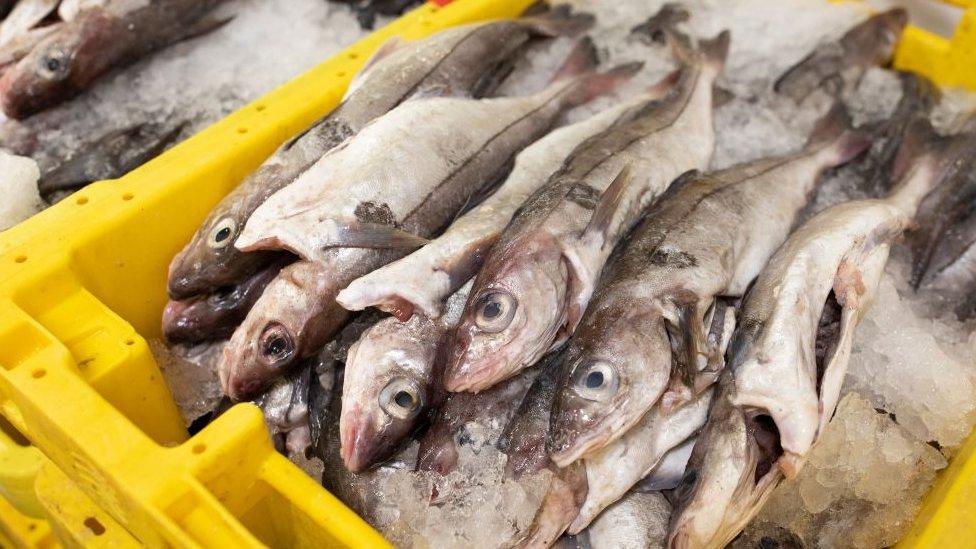
The UK government wants to hold annual talks on access to UK and EU waters
If the recently published UK Internal Market Bill becomes law, this bill will also reserve state aid as a UK government power, despite Welsh ministers previously arguing it should be devolved.
In his letter to Michael Gove, Mr Miles said the UK government must "back down from its ill-advised positions on state aid and fisheries in order to reach a deal".
"Given the importance of being able to sell our fishing catches to the EU, access to the EU single market far outweighs the issue of access to UK waters.
"And the interests of the economy as a whole - with the fate of thousands of businesses and millions of jobs at stake - must not be sacrificed over fishing quotas in UK waters."
He added that on state aid, the UK government "must finally recognise" that their negotiating counterpart would not do a deal that does not give "sufficient assurances that the future UK state aid policy will not provide an unfair competitive advantages (or protections if it does)".
Mr Miles asked for the UK to demonstrate "flexibility" to prevent "businesses being damaged, jobs being lost, and wages being hit".
Mr Miles also stressed the Welsh government's position that agreements "must" be reached on areas such as security and EU programmes, saying continued involvement in schemes like Erasmus+ is "in the clear interests of Wales, and indeed the entire UK".
A Commons research library briefing, external in 2017 estimated the UK's fishing and fish processing industries employed a total of 24,000 people, and contributed £1.4bn a year to the UK economy.
The figures represented 0.12% of the overall economy, and less than 0.1% of the national workforce.
What do UK ministers say?
A UK government spokesperson said: "We have worked closely with the devolved administrations throughout our negotiations with the EU to seek a future relationship that works for all parts of the UK.
"Our proposals have been reasonable and straightforward, building on the EU's own offer of a Canada-style deal.
"We have consistently said that we will not compromise UK sovereignty over our own fishing waters, or our ability to set our own subsidy arrangements.
"This is clearly in the interests of the whole of the UK and delivers on what the British people voted for."
- Published15 October 2020
- Published15 October 2020
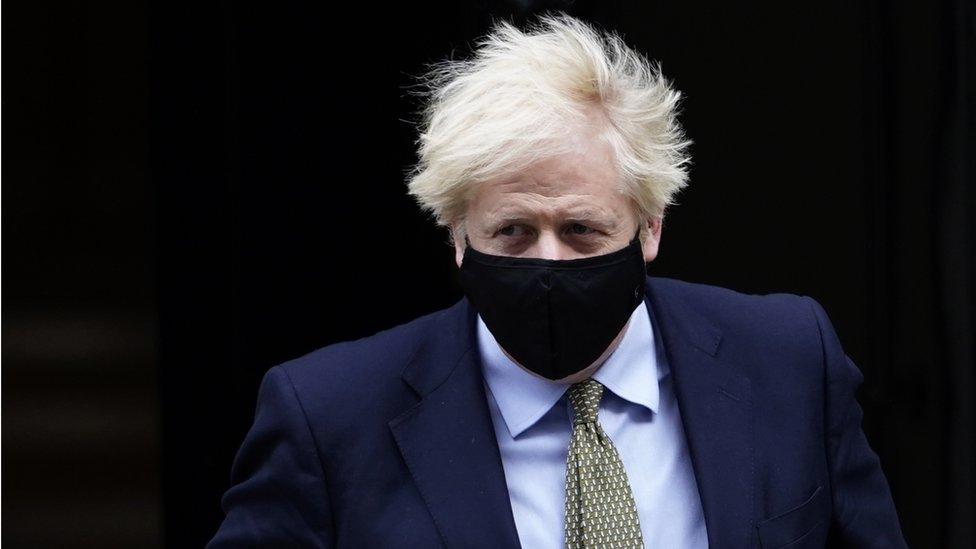
- Published7 October 2020
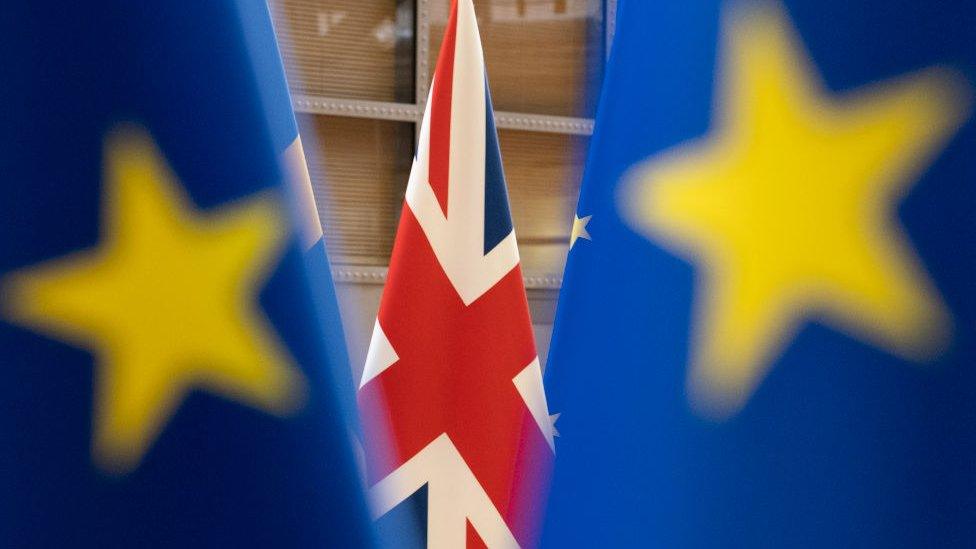
- Published14 October 2020
